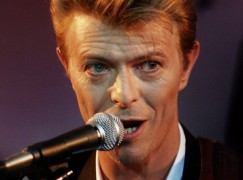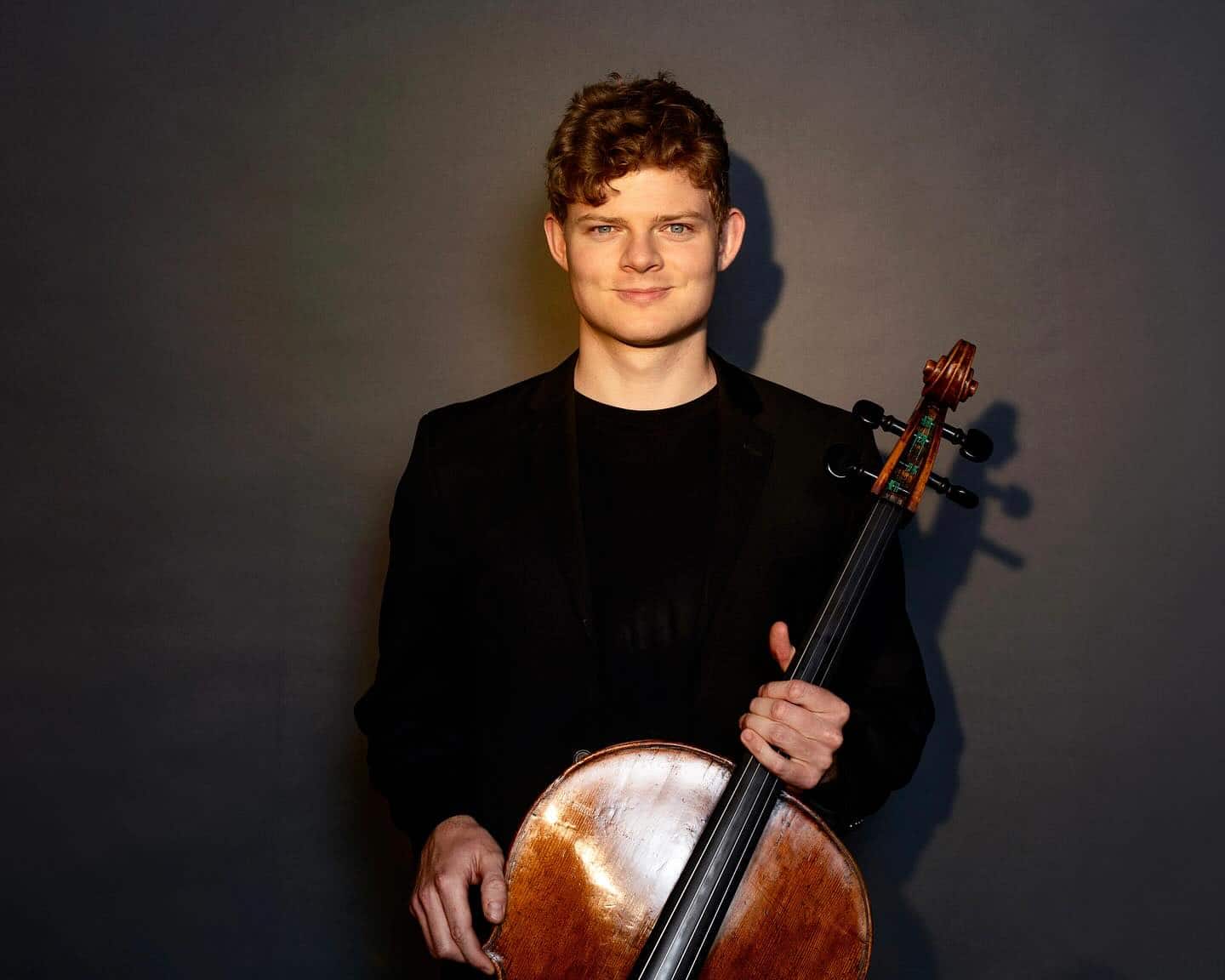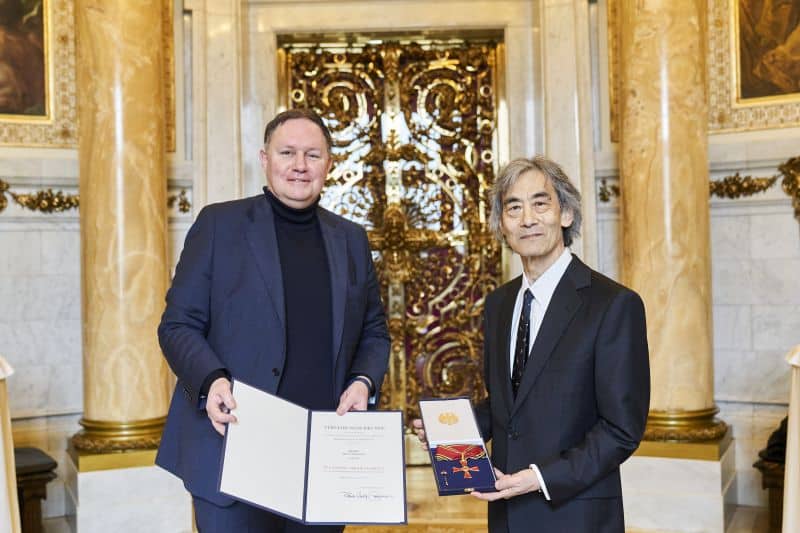How we measure our lives in musicians
mainIn my monthly essay for Standpoint, out now, I look at the way musicians represent milestones in our lives.
Waiting for a prescription in a hospital pharmacy in the dying days of 2016, I saw a young woman stacking shelves with toothpaste and analgesics. “First concert I ever went to,” she announced to me, unprompted.
“What was?”
“Status Quo. I was fifteen.”
“Ah.”
“And now he’s dead, Rick Parfitt.”
“Terrible year.”
“I’m writing a novel,” she went on. “Every chapter taken from a George Michael song. He’s gone, too.”
I grasped what she was trying to say. We measure our lives in the musicians we loved, each mortal loss a milestone in our own short term on earth, each death a diminution of our intimate selves. You would know, if I asked, where you were the night John Lennon was shot. You may also have been among the million who jammed the streets of Paris at news of the death of Barbara, bard of solitude, or the several millions who thronged Cairo when word spread that Umm Kalthoum was gone. We shed tears when musicians die, more than we do for a cousin or a neighbour, because theirs is the elixir that elevates humdrum lives, allowing an ill-paid shop assistant to dream of her future Nobel Prize for Literature.
It doesn’t quite work that way with classical musicians….
Read on here.






Thank you Norman,
That was enjoyable and thought provoking.
I disagree on one point. Items from the classical book can be lifelong earworms, at least for me.
But I think the length of the piece is the key (as you point out). The best bits stick in the mind and are associated with significant life events, or epiphanous moments, and these may be less than a minute in length.
It might be distasteful to some here that a 30 second snippet rudely cut from a magnificent three hour masterpiece might be elevated to such heights, but that is the point. Probably a limitation of the human brain and the way that it compresses and encodes significance in the fewest number of neural connexions.
At least these crystallised remembrances provide pointers to the complete works, to be experienced at leisure.
I had a disrupted upbringing, resulting in eclectic taste in music. Lacking firm education in any one genre but broad exposure to many, my lifelong mindworms span classical, rock and alternative styles. Is this scattering an advantage or a disadvantage? I cannot say.
But for better or worse, the musical measures of my life contain snippets from Rimsky-Korsakov, JS Bach, Pink Floyd, and Evancho. To each his or her own.
Touching story.
Since most art is whistling in the dark, on every level, even on that of pop music it provides hope, leaving the future – any future – open to wonders and achievement.
I disagree. Certain very special (for whatever reasons) classical musicians DO leave indelible impressions on many of us and our lives become poorer with their passing or retirement. Personally, for example, pianist Julius Katchen (with his phenomenal account of the Beethoven piano concertos with Gamba and the London SO, a gift from my father) fully turned my life around towards classical music as a very young child, still opening so many unimaginable windows so many years later.
I agree with the Kätchen bit: his recording of the Brahms II concerto accompanied me all my life and offered standards of performance and interpretation. (This interpretation is still the best around, unfortunately no longer in the market.)
“You would know, if I asked, where you were the night John Lennon was shot.”
Why? Sorry, but no, I haven’t a clue.
Brisbane airport.
I have absolutely no idea where I was when John Lennon was shot. On the other hand, I can remember the exact circumstances under which I learned of the death of Sviatoslav Richter.
I remember quite well that on November 1998 at 11:15 AM on a train from London to Manchester I remembered Beethoven’s death on 26th of March 1827 at 5:00 PM. Quite a telling coincidence.
An interesting article.
I am in some ways unqualified to comment, as I have seldom taken any interest in the popular music of my own generation. If I remember correctly, I was briefly interested in The Beatles for a short period from the summer of 1993 onwards, 23 years after the band broke up, and I discovered Simon and Garfunkel (a lasting interest) early in 2003, 33 years after the duo broke up. As for popular music that I was aware of when it was out for the first time, however, I can only think of four songs: ‘Three Lions’ by The Lightning Seeds (1996), ‘Don’t Speak’ by No Doubt (also 1996), ‘Your Woman’ by White Town (1997), and ‘Dead from the Waist Down’ by Catatonia (1999). None of them are even songs that I particularly like: I was just aware of them at a particular time in my life, in every case because of the particular friends I had at the time.
There is some classical music which is very specific to particular times in my life, namely, pieces which I learned in childhood and have never had any reason (and in some instances desire) to revisit in adulthood. For example, I learned a lot of Anglican choral music in my childhood: more Mags and Nuncs than I could possibly now name, but including Stanford in B Flat, C, and G and the Gloucester and Coll Reg services by Howells, anthems by S.S. Wesley (Blessed be the God and Father, Wash me Throughly, Ascribe Unto the Lord, Lead Me, Lord), Parry (Hear My Words, Ye People, I Was Glad), and Bairstow (Blessed City, Heavenly Salem, Let All Mortal Flesh Keep Silence), and, of course, hundreds of psalms and hymns. Those works would very much take me back to a very specific time and place. Likewise, some secular choral music that I learned in my later teens, like Stanford’s ‘The Blue Bird’ and Elgar’s ‘My Love Dwelt in a Northern Land’.
However, there are many classical works which, although I may be able to remember when I first learned them, do not belong to any particular time or place. For example, I remember studying Verklärte Nacht and Berg’s violin concerto at school in the sixth form, but those works do not, for me, belong to the period when I was aged 16-18, nor to the classrooms in which I remember first listening to them. Works such as these are for a lifetime. I could not possibly say how many times I have listened to Verklärte Nacht and Berg’s violin concerto since I was 16, nor the number of different performances, whether live or recorded. And perhaps most importantly, works such as these take on more meaning as we become more familiar with them and as we experience more in life: few 16-year-olds will have experienced the kind of passions that lie behind Verklärte Nacht or the kind of pain that lies behind ‘Dem Andenken eines Engels’.
Very occasionally, a piece of music does remind me of a specific time and place. One such example (possibly the only example that I can think of right now) is ‘What a Wonderful World’. I takes me back to my last day at school. There were some formalities in the morning, after which most of the upper 6th headed to the pub. It was a brilliantly sunny day, and I can still remember how the particles of dust hung in beams of sunlight in the cool gloom of the pub and that ‘What a Wonderful World’ was playing. It never fails to remind me how it felt to be 18 and to be with friends and to feel that all the promise of life lay ahead of us. And, of course, the memory is all the more powerful because most of those friends I never saw again after that day, some of them are now dead, and none of us fulfilled everything that we thought we were capable of, because nobody does achieve all the dreams that they have when they are 18. Eventually, one learns that life is less ‘What a Wonderful World’, than ‘Glück, das mir verblieb’, ‘Ich bin der Welt abhanden gekommen’, and ‘Hab’ mir’s gelobt, ihn lieb zu haben in der richtigen Weis”.
Very touching….. and showing the way in which music has meaning far beyond its own presence and is related to the inner reality of life.
I remember a girl piano student during my conservatory days who walked around both fists clenched and with wide-open eyes looking intensily into the distance, who was fond of Stockhausen, Xenakis, Boulez, you name it, as long as it sounded disruptive, destructive, utterly confused and hysterially neurotic. When asked why she would prefer such things to the more regular diet of Beethoven sonatas and Chopin, which made-up most of the curriculum – necessarily so, to learn playing – she answered: ‘This music confirms my life experience and gives me a sense of belonging’. With hindsight, people should have helped her to get into therapy. But also here, music did provide meaning.
Your anecdote perhaps says something about the different ways in which we think about music and other art forms. Perhaps we would be more worried about somebody who read nothing but Virginia Woolf, Sylvia Plath, and Anne Sexton.
It’s also not always obvious what musical preferences indicate mental illness. I recall an obviously extremely depressed graduate student at Oxford – an somewhat older man making a change of career – who once said, miserably, that Bach’s keyboard works were all he had left in life. Perhaps one could see that retreat into order, perfection, and beauty as being just as indicative of mental distress as an affinity with music that sounds chaotic and ugly.
Agreed. The girl may have grown-up in an utterly stable bourgeois home with suffocating manners. And the man in your story may just have read Schopenhauer.
Ich bin der Welt abhanden gekommen is a very happy song.
Very Touching and beautiful story.
Best I have read in this year!